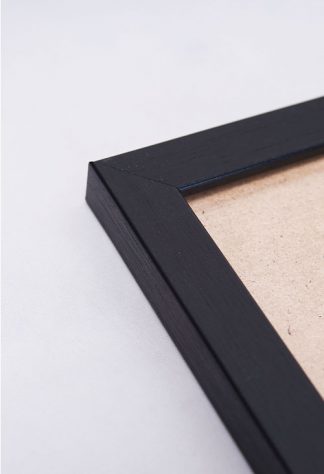How to Protect Your Home This Rainy Season

Rainy seasons bring refreshing relief from the heat but can pose challenges for homeowners. From water damage to safety hazards, here’s how to ensure your home stays safe and secure during inclement weather. By staying on top of regular maintenance, you can take control and protect your home from potential damage.
Inspect and Maintain Gutters and Drains
Proper drainage is crucial during heavy rains. Ensure gutters are clear of debris, such as leaves and branches, that can block water flow. Regularly inspect and clean gutters to prevent water from pooling and potentially causing roof leaks or structural damage.
Check Your Roof
Inspect your roof for any missing, loose, or damaged shingles. Repair or replace them promptly to prevent water seepage into your attic or ceilings. Consider applying a waterproof sealant to extend the life of your roof and enhance its resistance to water penetration.
Seal Windows and Doors
Check the seals around windows and doors for gaps or cracks that could allow water to enter your home. Replace worn weather stripping and apply caulking to maintain a tight seal. This not only prevents water intrusion but also contributes to energy efficiency, making you a responsible homeowner.
Ensure Proper Drainage Around Your Home
Grade the soil around your home to slope away from the foundation. This helps direct water away from the house and prevents pooling that could lead to basement flooding or foundation damage. Consider installing French drains or other drainage solutions if necessary.
Trim Trees and Shrubs
Overhanging branches can become hazardous during storms, potentially damaging your roof or windows. Trim trees and shrubs regularly to prevent them from overhanging your home or powerlines. This reduces the risk of branches breaking off and causing costly damage.
Secure Outdoor Items
Secure or store outdoor furniture, garden tools, and other items that could become projectiles in high winds. Strong wind during storms can turn these items into hazards, damaging your property or neighboring homes.
Inspect Foundations and Basements
Inspect your basement and foundation for cracks or signs of water seepage. Seal any cracks with epoxy or masonry sealer to prevent water from entering your home. Consider installing a waterproofing system if your basement is prone to flooding.
Check Electrical Systems
Inspect your electrical system, including outlets, switches, and circuit breakers, for water damage or corrosion signs. Ensure all outdoor electrical outlets are weatherproof and protected by ground fault circuit interrupters to prevent electric shocks during wet conditions.
Emergency Preparedness
Prepare an emergency kit with flashlights, batteries, non-perishable food, water, medications, and a first aid kit. Keep important documents, such as insurance policies and contact information, in a waterproof container or stored digitally. This preparedness will give you a sense of security and confidence in the face of unforeseen events.
By taking proactive steps to protect your home, you can minimize potential damage and ensure the safety and comfort of your family. Regular maintenance and preparedness are essential to weathering any storm that comes your way.




